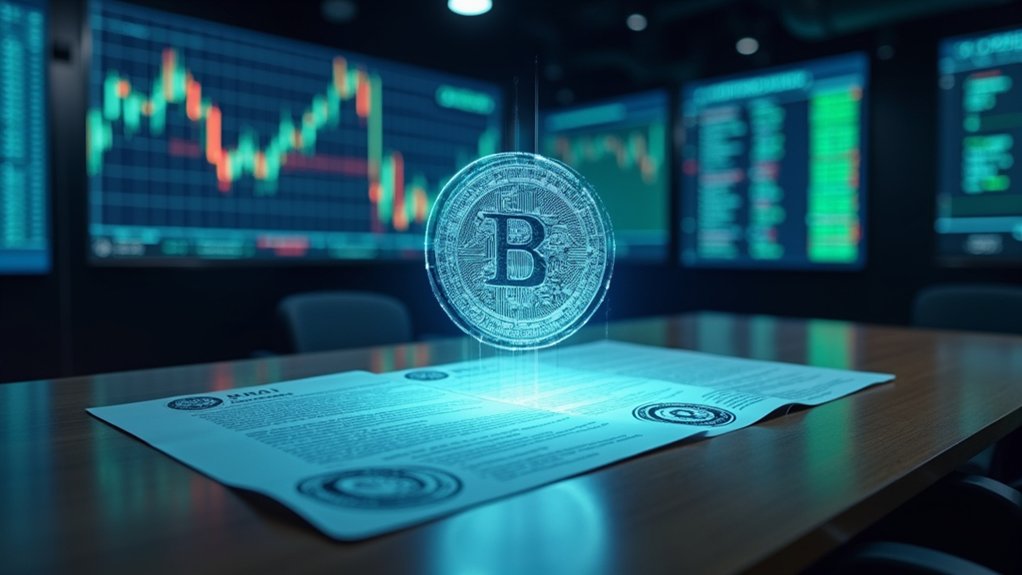Although ostensibly a transient social phenomenon driven by contemporary digital connectivity, the Fear of Missing Out (FOMO) manifests as a multifaceted psychological construct that profoundly undermines individual autonomy, competence, and relatedness—core components delineated by Self-Determination Theory—thereby eliciting pervasive effects on decision-making efficacy, emotional well-being, and social self-efficacy; this pervasive apprehension, rooted in anxieties surrounding social bonding and group inclusion rather than the intrinsic value of missed experiences, catalyzes a cyclical pattern of compulsive social monitoring and reactive, emotionally driven choices, which collectively compromise authentic personal values and precipitate diminished life satisfaction through mechanisms involving heightened social anxiety, impaired cognitive processing, and weakened real-world interpersonal engagement. Central to this phenomenon is the potent influence of peer influence and social comparison, whereby individuals, particularly within digitally mediated environments, experience intensified pressure to conform and participate in prevailing trends or social activities, thereby eroding autonomy by subordinating personal preferences to perceived external expectations. This dynamic engenders a reliance on external validation, which in turn compromises genuine interests and exacerbates feelings of incompetence, as individuals evaluate their social standing and self-worth predominantly through comparative metrics rather than intrinsic criteria. These forces threaten careers, finances, and relationships, as modern society amplifies natural human instincts, causing exaggeration of these effects (Relevance of FOMO and FOBO). The anxiety underpinning FOMO is not simply about missing fun but fundamentally concerns fears over social exclusion and diminished belonging within important groups (Nature of FOMO).
Furthermore, FOMO’s deleterious impact on social self-efficacy and life satisfaction is well-documented, with empirical evidence indicating that individuals exhibiting higher confidence in forming and maintaining social relationships demonstrate reduced vulnerability to FOMO and concomitant enhancements in subjective well-being. Conversely, excessive dependence on virtual social milieus correlates with escalated social anxiety and diminished self-efficacy, thereby perpetuating a deleterious feedback loop that undermines psychological resilience and life satisfaction. The emotional and social consequences of FOMO extend to increased loneliness despite augmented social media engagement, a paradox explicable by the impoverished communicative cues inherent in digital interactions, which often precipitate misinterpretations and emotional dissatisfaction.
Cognitively, FOMO impairs decision-making processes by promoting reactive, affect-driven judgments that prioritize immediate social conformity over deliberative, values-consistent choices, thereby facilitating suboptimal outcomes and perpetuating the fear of better options (FOBO). Mitigating these effects necessitates heightened self-awareness and the adoption of systematic, data-informed evaluative strategies to counterbalance impulsivity and restore decision-making integrity. Ultimately, the social group dynamics fueling FOMO underscore its genesis in existential concerns over social connectedness, whereby the perceived threat of exclusion activates neuropsychological fear pathways, reinforcing compulsive behaviors aimed at maintaining group inclusion at the expense of authentic personal agency and satisfaction.









